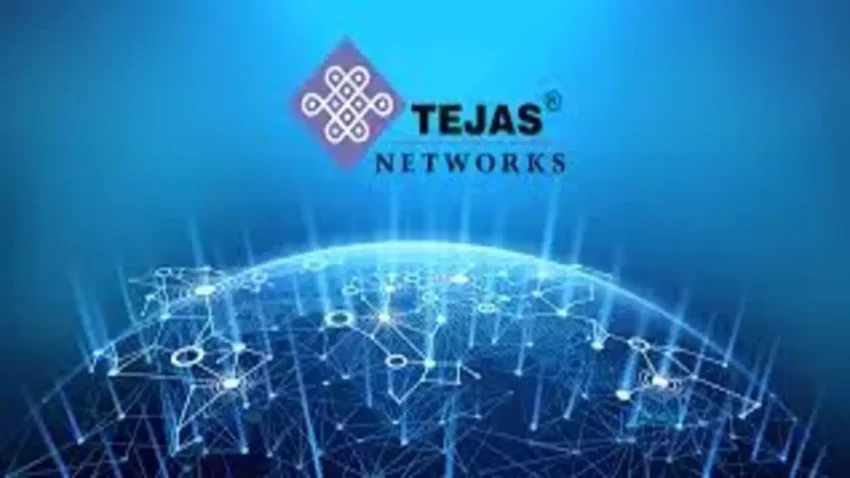On Monday, March 17, Tejas Networks, a company owned by the Tata Group, saw its shares jump 4.5% in early morning trading to hit a three-month high of ₹689 per. The company announced last week that it had received ₹123.45 crore from the Ministry of Communications, Department of Telecommunications (New Delhi) as an incentive for the financial year 2023-24 under the PLI (Production Linked Incentive) Scheme for Telecom and Networking Products. Today’s increase also put an end to the stock’s four-day decline. Panatone Finvest, a division of Tata Sons, is the largest shareholder of Tejas Networks, which is a member of the Tata Group. In more than 75 countries, it develops and produces high-performance wireline and wireless networking solutions for utilities, government, defense, and telecommunications service providers.
The once-high-flying Tejas Networks has seen a dramatic decline in market value over the past several months due to pressure on its shares and a sharp drop in the overall market. The stock is down 54% from its recent top of ₹1,495 and has lost 50% of its value in the last five months. In the long run, meanwhile, it has still gained 1,514% over the previous five years. The company signed a three-year agreement with Vodafone Idea during the December quarter to supply equipment for its 4G and 5G mobile backhaul network throughout India. It was also selected as the provider of broadband equipment for the state-led BharatNet Last Mile Connectivity (LMC) project in Tamil Nadu. Additionally, the business won the first buy orders for a network modernization project in the US after successfully completing a proof of concept (PoC). Additionally, according to the company’s Q3FY25 earnings report, it got orders for the expansion of their mobile backhaul network from an operator in Asia.
The business is concentrating on a number of significant prospects in the wireline and cellular sectors going forward. The company stands to gain from the growth of BSNL’s 4G network and the anticipated 5G upgrade in the wireless industry. It is also aiming for initiatives like the Kavach system of the Indian Railways, a technology that prevents collisions, and private 5G applications for big Indian businesses.

